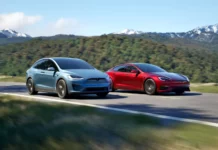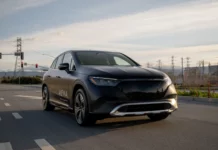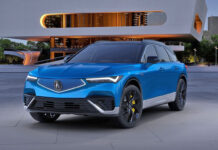On Thursday, EV charging station chain EVgo amended its terms of service to include new language that explicitly bans the use of high-speed DC power strips and plug-in adapters at the company’s stations. The terms, which come into effect on March 8, are yet another obstacle for entrepreneurial companies looking to capitalize on EV charging accessories.
EVgo has added the following terms, in bold, to the “Authorized Charging Adapters” section of its Terms of Service: “EVgo prohibits the use of all other adapters, including detachable adapters and DC power strips (“Unauthorized Equipment”) on the EVgo network and at EVgo charging stations.” The company continues to authorize the use of “charging adapters manufactured by automakers” (e.g., J3400 “NACS” to CCS1) that are UL2252 certified.
Tesla‘s charger terms of use also prohibit any adapters that are not “sold or provided by Tesla or other automakers” without specifying specific types of adapters.
Electric vehicle accessory manufacturer A2Z EV recently put up for pre-order its 6-foot or longer DC power strip, which allows you to connect an electric vehicle to a fast-charging station with a short cable. Electric vehicle owners may want to charge their non-Teslas at Tesla Superchargers using supported NACS adapters without overlapping multiple charging stations. Superchargers are known for their short cords that cannot reach different port locations on different brands of electric vehicles. Preliminary tests by the State of Charge YouTube channel have shown that the extension cord works without overheating.
Last year, the startup EVject developed an adapter that allows you to drive away from a Tesla charging station (or another station) without leaving the car in case of a dangerous situation. However, Tesla sued the company after the automaker discovered that the adapter could overheat. Ultimately, Tesla dropped the lawsuit later this year, and EVject maintains that their product is safe.
However, if other competing manufacturers of electric vehicle accessories decide to produce cheaper versions of extension cords and detachable adapters, it may not be as safe. And if the EVgo and Tesla networks say no to these accessories, others may follow suit – meaning that companies like A2Z EV and EVject may have difficulty selling their solutions.









